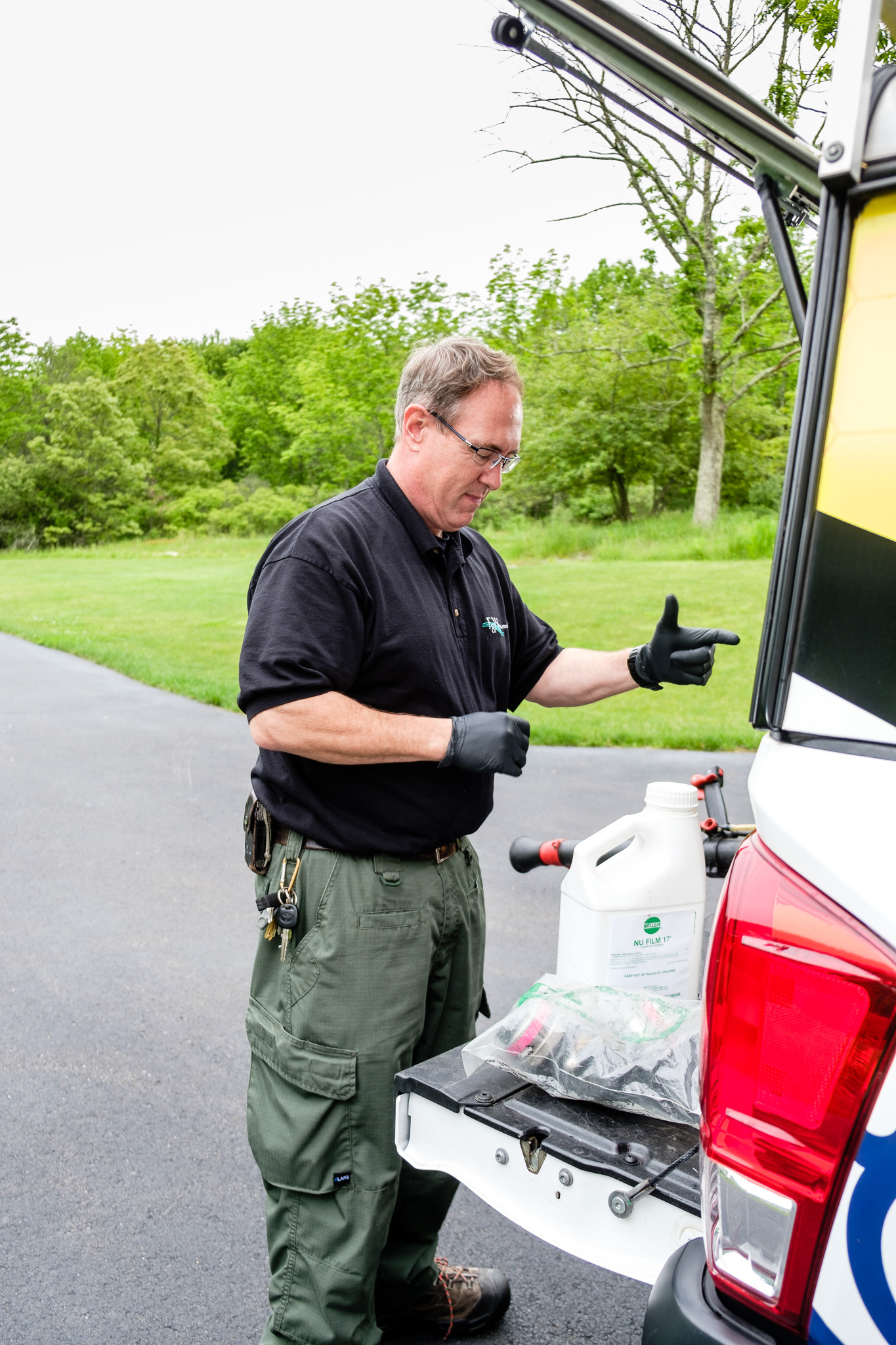Gnat Control In Southborough, MA: A Guide To Common Questions Homeowners Ask

Pest Control Near Me
When it comes to pests, gnats may be among the most annoying. From flying around your food and drink to getting stuck in the hairdo, they can cause major discomfort. If you live in Southborough, MA, and have an infestation of gnats on your property, you likely have questions about how to get rid of them. Here we answer the most common questions homeowners have about gnat control and provide some useful tips for tackling the issue.
What Kind of Gnats Am I Dealing With?
There are two primary types of gnats in residential areas. One type is called fungus gnats, which are small, dark-colored flies that feed on decaying organic matter in the soil. The other type is called gall midges, which are white or light colored and typically feed on plant stems and leaves. Knowing which type of gnat you’re dealing with can make it easier to determine what kind of control measures you need to take.
How Do I Know If I Have an Infestation?
When dealing with an infestation, the most obvious sign is an abundance of gnats in and around the property. If you can’t tell whether the number of gnats is abnormal, you may want to conduct an inspection of your home. Check for gnats and larvae in your plants, soil, and other dark, damp areas. In addition, you may see a white or greyish powder on surfaces near your plants, which is typically a sign of larval infestation.
What Control Methods Should I Use?
Gnat control largely depends on the type of gnat you’re dealing with and the severity of the infestation. To keep fungus gnats at bay, it’s important to make sure that the soil in your plants is not too moist. If the soil is too wet, the gnats will be able to lay their eggs and reproduce rapidly. In addition, supplementing soil with Bacillus thuringiensis (Bt) can help suppress the larvae’s development. You should also be sure to water your plants only when necessary and useplant-based insecticides when necessary.
For gall midges, it’s important to discourage them from reproducing by making sure the plants are well-watered and any decaying vegetation is removed from the area. In addition, you may want to consider using pheromone traps to help reduce the numbers. If other methods don’t work, you may need to apply a broad-spectrum insecticide to the affected areas.
When Should I Call a Professional?
If the above methods don’t help to alleviate the infestation, it’s time to call in pest control professionals. F&W Pest Control is a full service MA pest control provider that specializes in gnat control. They understand the habits of gnats and have the right tools to take care of the infestation quickly and safely.
Are There Natural Methods of Gnat Control?
Yes, there are a few natural methods of gnat control that you can try. For instance, you can use natural insecticides such as neem oil or pyrethrum to help kill the adult gnats and larvae. In addition, you can use a combination of rubbing alcohol and water to create a spray to help reduce the number of gnats in the area.
Conclusion
Gnats can be a major nuisance, especially when they start to reproduce rapidly. Fortunately, there are a few methods you can try to keep the infestation under control. If these methods don’t work, it’s time to call in the experts at F&W Pest Control in Southborough, MA. With their experience and knowledge, they can quickly and safely eliminate the infestation and provide you with peace of mind once again.
Pest Control Near Me
Searching for an easy fix to your pest problems? Here at F&W Pest Control, our exterminators will treat an array of different pest issues including termites, bed bugs, mosquitoes, and more! Long-term protection is right at your reach with the help of our highly trained team of exterminators in the Greater Boston area. Don’t allow pests to take over your home, put your trust in our pest control services to ensure a pest-free home. With our help, you won’t have to spend any more free time implementing DIY extermination methods!


